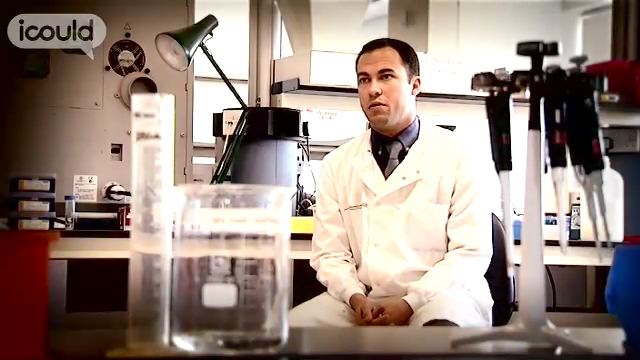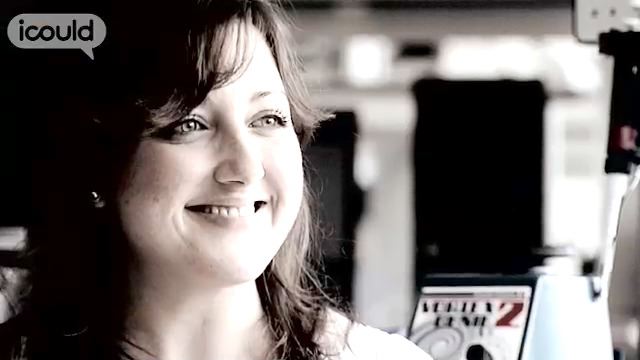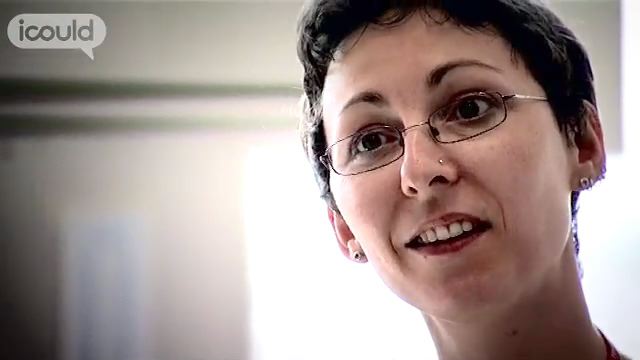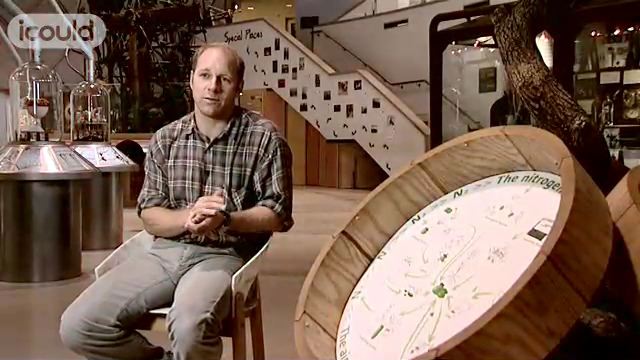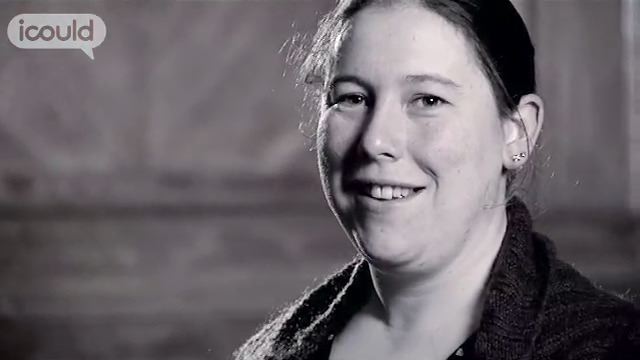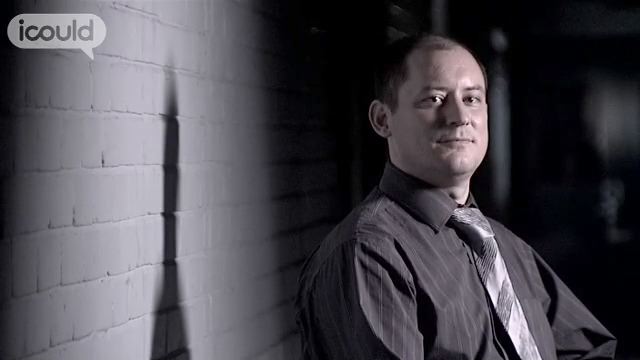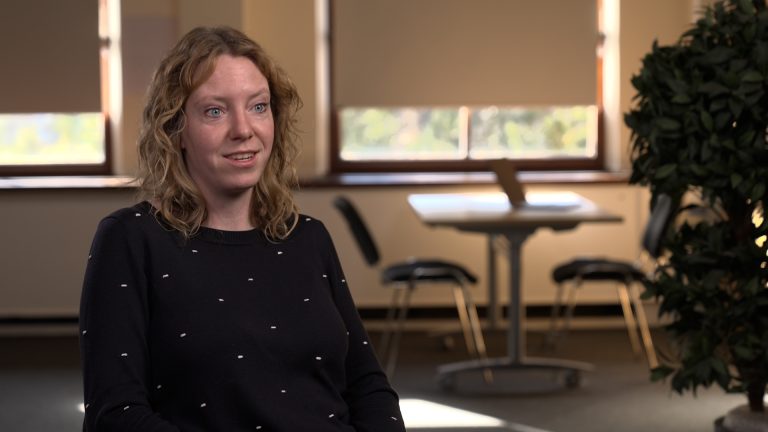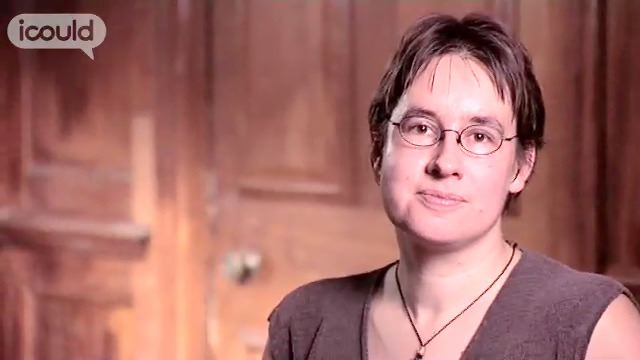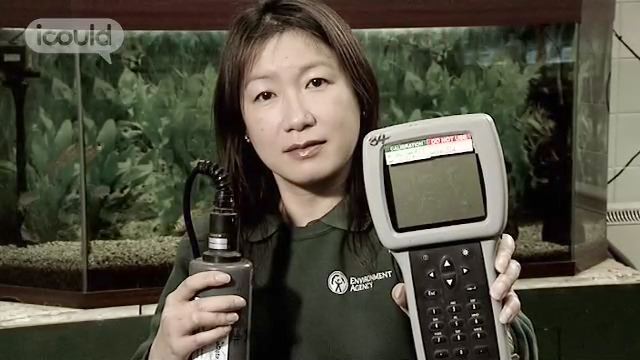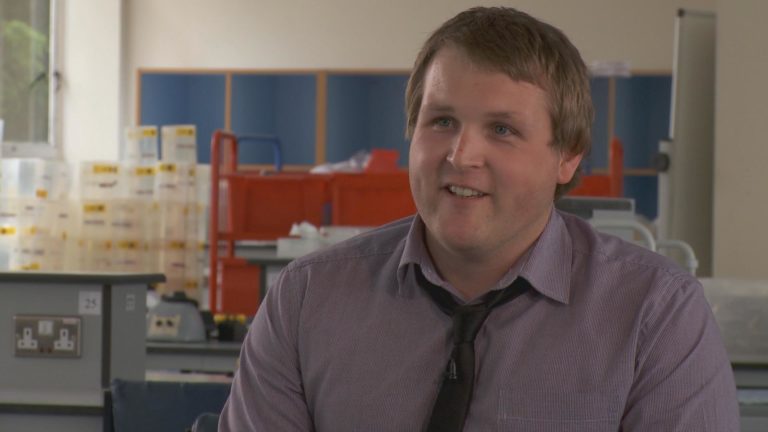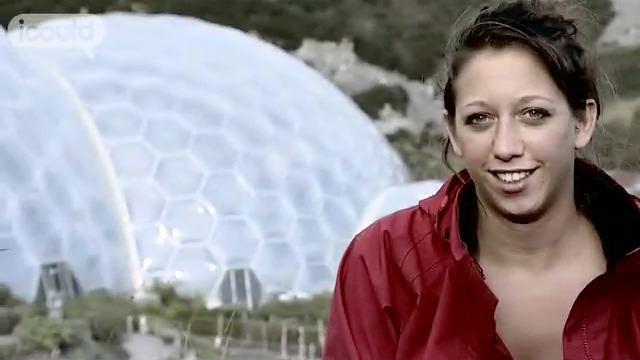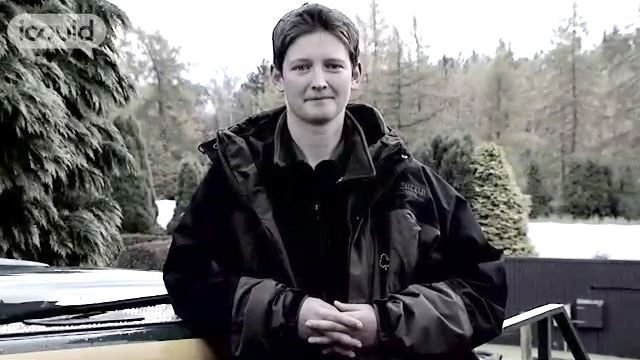Sustainability Advisor
Halcrow
Harry S
00:00:03 My name is Harry S, and I’m a Sustainability Advisor with Halcrow, within their Property Business Group. What the job entails is basically examining, or getting involved in the design stages, as the building’s being designed and developed, to ensure that it’s got minimal environmental impact. So you’re reducing the ecological footprint, and also the carbon footprint.
00:00:27 I always knew that I wanted to do something to do with the environment. I remember when I was about 9 years old, telling my class teacher that I wanted to be a Zoologist. Everybody thought I was showing off, because nobody else knew what the word meant. Even earlier than that, I remember at the age of 5 or 6 years old, on the west coast of Ireland, my head buried in a rock pool, watching the animals move around. Then fast-forward to the age of 16, I couldn’t make up my mind whether I wanted to be a Marine Biologist or an RAF Pilot. So I took a year out of school, having finished my Irish Leaving Certificate, spent a year in Germany, working in a factory, which was absolutely nothing to do with either flying aircraft or chasing whales. I then came back to Liverpool University, where I did Marine Biology, and progressed on to do a Masters in Environmental Sciences, ‘cause I think it’s important when you’re entering the job market to have as wide a vision as you possibly can. Because sometimes what we have in mind is not necessarily what we’re potentially meant to do, although that sounds rather philosophical.
00:01:32 At the age of 19, I found myself at six o’clock in the morning, on a freezing winter October morning, in the middle of a factory, having very, very limited school German, and within four hours I was quite promptly holding up the entire production line because I couldn’t understand the buttons to be pressed, because they were all in German. Quite thankfully I didn’t understand German well enough to understand all the swear words that were being hurled at me at that point in time. But that’s an example of working outside your comfort zone, and having to learn quickly. But the overall opportunity was very rewarding. You take away something very valuable – in fact it opens your eyes to other perspectives, other ways of doing things, other outlooks on life.
00:02:15 The opportunity to go to Siberia was completely unexpected. My previous employer had an exchange programme where you could swap places with colleagues in a different part of the world. I was in line actually to go and spend a year working as a Coastal Zone Management Scientist in Brisbane, Australia. Unfortunately that plan fell through due to company restructuring, and the alternative I was given was somewhere on a map with a lot of Cyrillic alphabet, which I didn’t actually know where it was, at that point in time, until my Line Manager zoomed out to reveal that it was Eastern Siberia. This is myself and a colleague on the exploration field in the middle of the Siberian Taiga, which is the Siberian forests, at about minus 35, and around January. And at that particular moment in time there wasn’t a blizzard blowing, so it was still manageable.
00:03:18 What it is I really like about the job is the ability to make a difference. You get the feeling that you’re changing the way engineers are looking at their designs. Typically engineers are focused specifically on solving a problem, and are not necessarily aware of the somewhat softer side of environmental sustainability. Being able to be instrumental in the planning process before those buildings get built, to be able to have the influence over design teams and say no, don’t build that particular construction on that part of the coast ‘cause there’s a valuable coral reef there, move it half a mile to the east or west where, you know, the damage would be reduced. Being able to have that influence on design is actually extremely rewarding.
ENDS
Harry S is a Sustainability Advisor with Halcrow. He can save a coral reef by telling the engineers to move their project half a mile down the coast. He always wanted to be a biologist. His job has taken him to Siberian forests, at temperatures of -35C°.
More information about Biological scientists and biochemists
The UK average salary is £29,813
There are 37.5 hours in the average working week
The UK workforce is 47% female and 53% male
Future employment
- Studies the physical and chemical form, structure, composition and function of living organisms;
- Identifies and studies the chemical substances, including microbial infections, involved in physiological processes and the progress of disease;
- Performs tests to study physiological and pathological characteristics within cells and other organisms;
- Researches the effects of internal and external environmental factors on the life processes and other functions of living organisms;
- Observes the structure of communities of organisms in the laboratory and in their natural environment;
- Advises farmers, medical staff and others, on the nature of field crops, livestock and produce and on the treatment and prevention of disease;
- Monitors the distribution, presence and behaviour of plants, animals and aquatic life, and performs other scientific tasks related to conservation not performed by jobholders in MINOR GROUP 214: Conservation and Environment Professionals.
